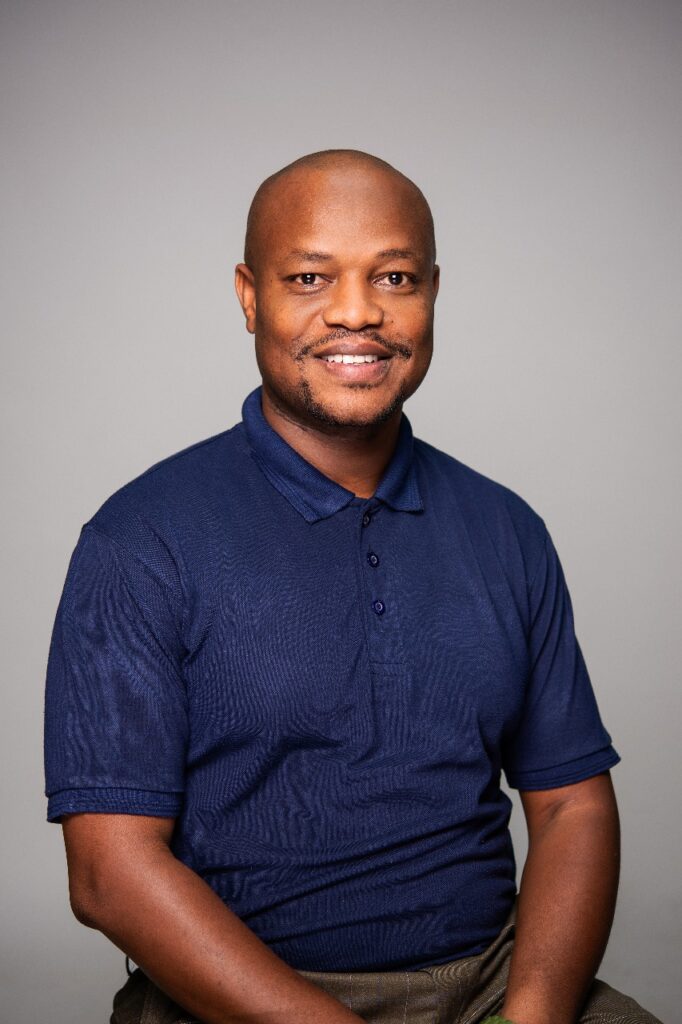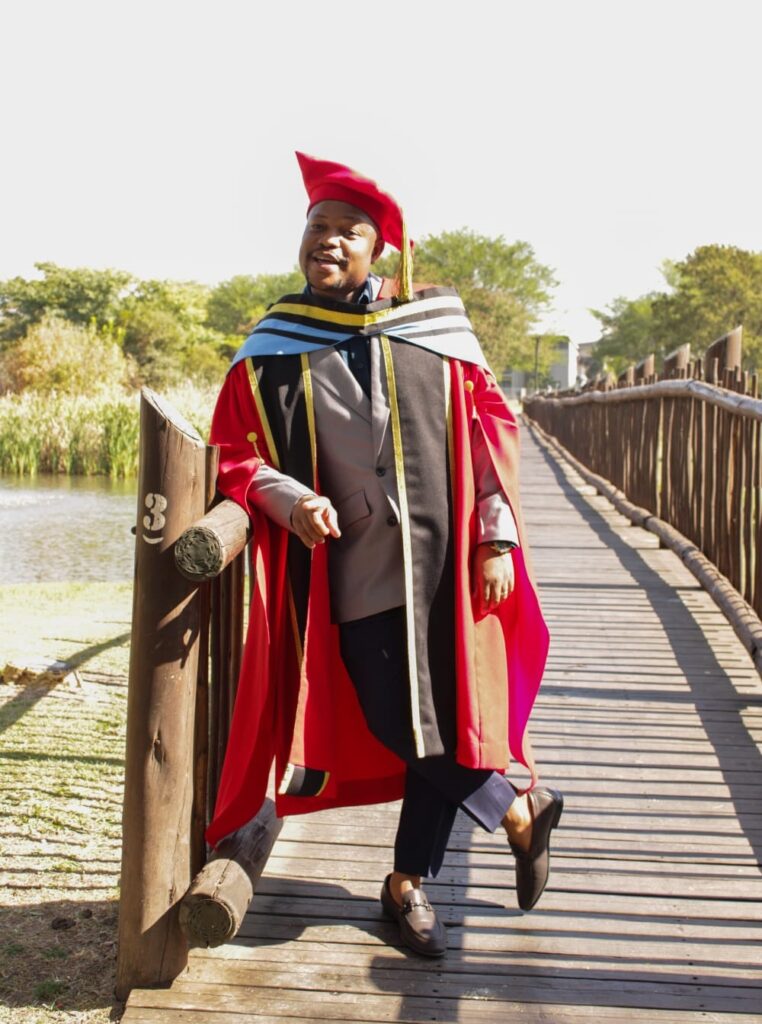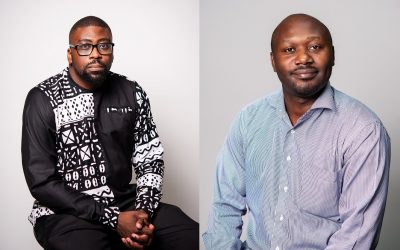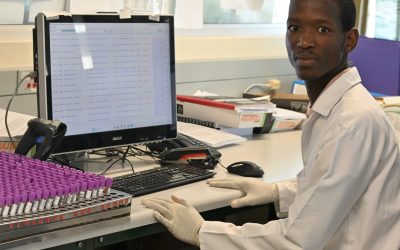Dr Eugene Makhavhu, a Nursing Sciences Lecturer at Sefako Makgatho Health Sciences University (SMU), recently achieved a significant milestone by completing his PhD. His academic journey, passion for research, and commitment to mentorship continue to inspire students and colleagues alike. In this exclusive interview, Makhavhu shares insights into his career, research focus, and aspirations for the future.
 Makhavhu’s academic journey began a decade ago when he started as a part-time lecturer at the Tshwane University of Technology’s Adelaide Tambo School of Nursing Sciences. He later worked at the University of Johannesburg in a similar capacity.
Makhavhu’s academic journey began a decade ago when he started as a part-time lecturer at the Tshwane University of Technology’s Adelaide Tambo School of Nursing Sciences. He later worked at the University of Johannesburg in a similar capacity.
His inspiration for pursuing an academic career was deeply rooted in his undergraduate years. “I was inspired by my lecturers and their engagement with students. But more than that, the perception of nurses as rude and unapproachable made me want to change that narrative. I realised that influencing student nurses at the educational level was the best way to effect change.”
Makhavhu joined SMU in 2019, drawn by the institution’s strong focus on health sciences. “I had offers from other universities, but SMU’s commitment to addressing societal health challenges aligned with my academic goals. It was the ideal place for me to grow as an educator and researcher.”
Completing a PhD is no small feat, and for Makhavhu, the motivation to pursue a doctoral degree was a long-standing aspiration. “I was inspired as an undergraduate when I learned about the possibility of studying up to PhD level. However, the defining moment came when I saw a young lecturer in my department receiving her PhD at my graduation ceremony. It changed my mindset from inspiration to action.”
His research, titled: “Development of Strategies to Enhance Integration between Indigenous-Traditional and Allopathic Child Healthcare Services in Soshanguve”, focuses on bridging the gap between traditional and modern medical practices. “Many families in South Africa rely on both traditional and allopathic medicine for childhood healthcare. However, these systems often operate in isolation, sometimes leading to fragmented care. My study sought to develop strategies for safer, inclusive, and culturally sensitive healthcare practices.”
 The research involved engaging with traditional healers, allopathic healthcare practitioners, and caregivers to identify barriers to integration and potential solutions. “The goal was to create a framework that promotes mutual respect and communication between these healthcare systems,” he explains.
The research involved engaging with traditional healers, allopathic healthcare practitioners, and caregivers to identify barriers to integration and potential solutions. “The goal was to create a framework that promotes mutual respect and communication between these healthcare systems,” he explains.
Balancing a PhD with teaching responsibilities at SMU was a significant challenge. “I was responsible for three modules while conducting my research. Managing lesson preparations, assessments, and student consultations required careful time management and prioritisation. Support from my colleagues and my Head of Department was invaluable.”
Despite the demanding schedule, Makhavhu remained disciplined and motivated. “I set clear daily goals and reminded myself that even small progress, like writing one paragraph or reading one paper, was still progress.” His support system, including family, friends, and mentors, played a crucial role in keeping him focused.
Makhavhu’s PhD research has significant implications for healthcare education at SMU. “The findings can contribute to curriculum reform, particularly in promoting culturally sensitive healthcare. Our patients come from diverse backgrounds, and understanding their health-seeking behaviours is essential for improving care.”
He aims to expand his research and collaborate with scholars locally and internationally. “There is great potential for interdisciplinary work in integrating traditional and modern healthcare. I am also focused on developing my research niche and exploring other aspects of alternative healing.”
When reflecting on the state of research in South Africa, Makhavhu highlights the need for increased funding and institutional support. “While research potential is immense, nursing research, in particular, needs more support. Clinical-based research should be encouraged alongside academic studies to strengthen evidence-based practice.”
For Makhavhu, the most rewarding moments of his career include seeing his students succeed. “Witnessing my students graduate and knowing I played a role in their development is deeply fulfilling. It reminds me why I chose this path.”
Makhavhu hopes to leave a legacy of inspiration and meaningful contributions to healthcare research and education. “I want to be remembered as someone who inspired students, advanced knowledge, and contributed to solving real-world healthcare challenges. Success is a collective effort, and together, we can make a difference.”
By Tumelo Moila



